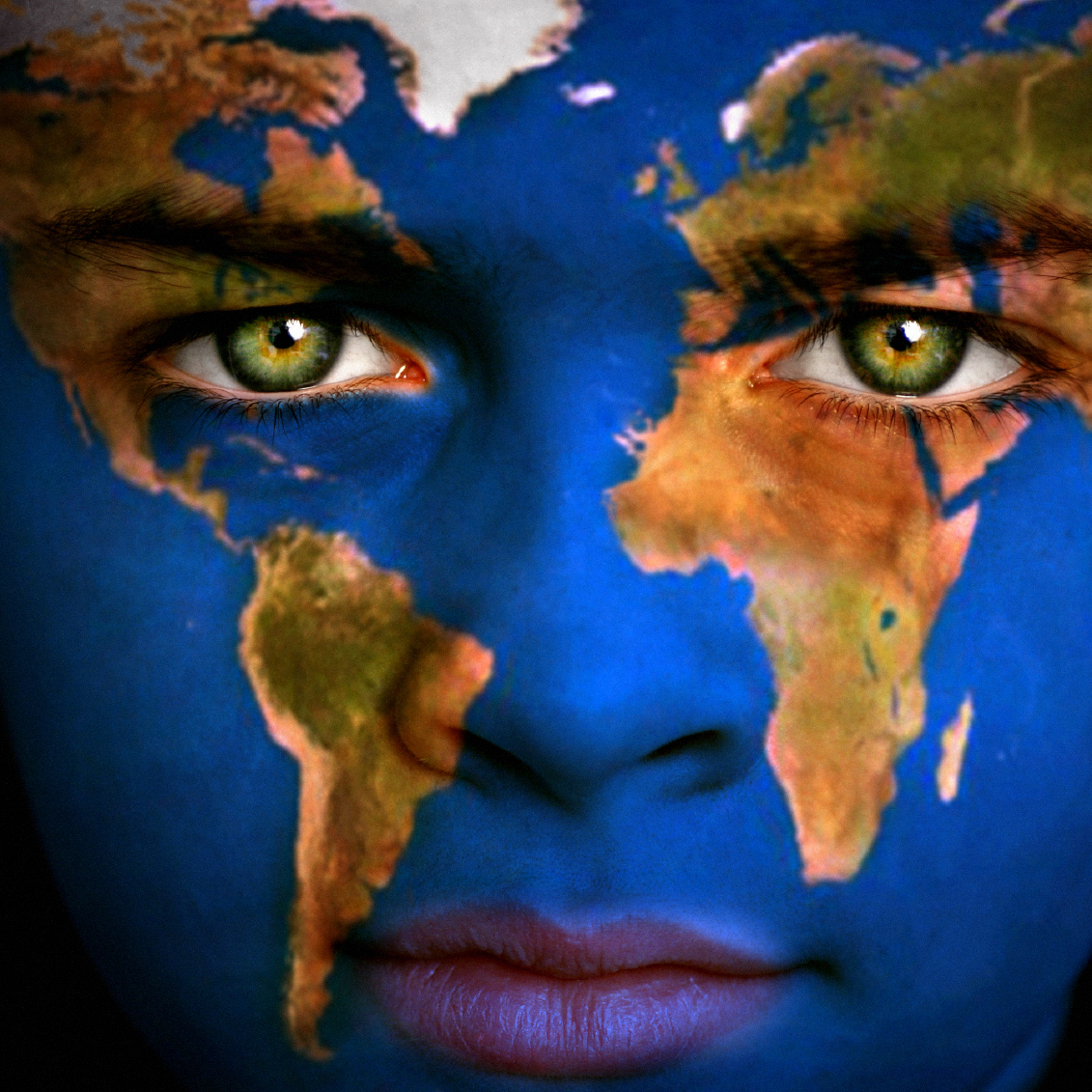
Has there ever been a time when an education framework for 21st century competencies was more important? What should world citizens learn in an age of Google, Robots, Climate Change, Increased Migration, Radicalism and Inter-connected Economies? Our voices in The Global Search for Education this month – Dr. Siva Kumari, Dr. Denise Pope, Rebecca Ingram, Alexa Joyce, Francesca Borgonovi, and Mario Piacentini, along with our Top 12 Global Teacher Bloggers – shared profound insights, with many commonalities, regarding the competencies that educators, parents and policymakers owe today’s world citizens.
“We see far too many kids who suffer from debilitating health issues, such as depression, eating disorders, perfectionism, severe sleep deprivation, and anxiety,” says Stanford University’s Denise Pope, who urges parents to prioritize the “ultimate health and well being of their children.” More homework does not necessarily mean students are learning the critical skills that will help them to succeed in the world, such as “resilience, creativity, collaboration and critical thinking.”
As global education systems scramble to find better ways to teach international perspectives and intercultural competence to the first generation of world citizens, the IB schools are surely one of the richest resources for all, given the IB Organization’s decades of experience in the global competencies space. Dr. Siva Kumari, the first female director of the International Baccalaureate Organization, discussed the IB’s philosophical heritage, its work today with students, and her vision for its future role in the world.
The UN’s 17 Sustainable Development Goals for 2030, with their focus on People, Planet, Prosperity, Peace and Partnership, will depend on education to develop new curricula and competencies to achieve them (the 4th goal is an explicit goal for education). Many believe the new competencies needed to tackle the global issues will be harder to measure. Will education systems be ready, willing and able to make the changes needed? At the 15th EFF debate, keynotes Rebecca Ingram (Senior Schools Advisor, British Council) and Alexa Joyce (Worldwide Director of Policy, Teaching and Learning, Microsoft) weighed in with insightful global updates.
The new OECD report, Immigrant Students at School: Easing the Journey Towards Integration, based on data from the OECD’s PISA program, finds no link between the share of immigrant students and the performance of school systems, but emphasizes that how an education system responds to immigrants has a critical impact on successful integration and on the economic and social well-being of the community. Which education systems are doing best, what strategies are they using and how can we keep communities open and welcoming to refugee resettlement? OECD analysts at the Directorate for Education and Skills, Francesca Borgonovi and Mario Piacentini, shared their recommendations based on this revealing report.
Creating world citizens has been one of the hottest topics in education this year, and during this past month, all our contributors focused on how to make students everywhere more globally competent. Last but not least, we asked our Global Teacher Bloggers to share the best ways teachers can engage their classrooms in a global conversation.
On a personal note – I believe we are making progress. It has been a fulfilling year for us at The Global Search for Education. We sense the huge momentum in the work being done everywhere to reform education through innovation. I can’t wait for 2016 to begin.
Warm wishes to all our friends and supporters around the world.
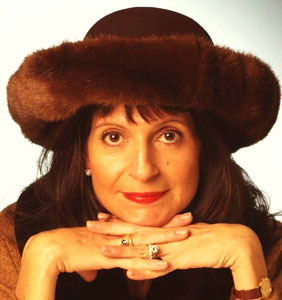
Join me and globally renowned thought leaders including Sir Michael Barber (UK), Dr. Michael Block (U.S.), Dr. Leon Botstein (U.S.), Professor Clay Christensen (U.S.), Dr. Linda Darling-Hammond (U.S.), Dr. MadhavChavan (India), Professor Michael Fullan (Canada), Professor Howard Gardner (U.S.), Professor Andy Hargreaves (U.S.), Professor Yvonne Hellman (The Netherlands), Professor Kristin Helstad (Norway), Jean Hendrickson (U.S.), Professor Rose Hipkins (New Zealand), Professor Cornelia Hoogland (Canada), Honourable Jeff Johnson (Canada), Mme. Chantal Kaufmann (Belgium), Dr. EijaKauppinen (Finland), State Secretary TapioKosunen (Finland), Professor Dominique Lafontaine (Belgium), Professor Hugh Lauder (UK), Lord Ken Macdonald (UK), Professor Geoff Masters (Australia), Professor Barry McGaw (Australia), Shiv Nadar (India), Professor R. Natarajan (India), Dr. Pak Tee Ng (Singapore), Dr. Denise Pope (US), Sridhar Rajagopalan (India), Dr. Diane Ravitch (U.S.), Richard Wilson Riley (U.S.), Sir Ken Robinson (UK), Professor Pasi Sahlberg (Finland), Professor Manabu Sato (Japan), Andreas Schleicher (PISA, OECD), Dr. Anthony Seldon (UK), Dr. David Shaffer (U.S.), Dr. Kirsten Sivesind (Norway), Chancellor Stephen Spahn (U.S.), Yves Theze (LyceeFrancais U.S.), Professor Charles Ungerleider (Canada), Professor Tony Wagner (U.S.), Sir David Watson (UK), Professor Dylan Wiliam (UK), Dr. Mark Wormald (UK), Professor Theo Wubbels (The Netherlands), Professor Michael Young (UK), and Professor Minxuan Zhang (China) as they explore the big picture education questions that all nations face today.
The Global Search for Education Community Page
C. M. Rubin is the author of two widely read online series for which she received a 2011 Upton Sinclair award, “The Global Search for Education” and “How Will We Read?” She is also the author of three bestselling books, including The Real Alice in Wonderland, is the publisher of CMRubinWorld, and is a Disruptor Foundation Fellow.
Follow C. M. Rubin on Twitter: www.twitter.com/@cmrubinworld

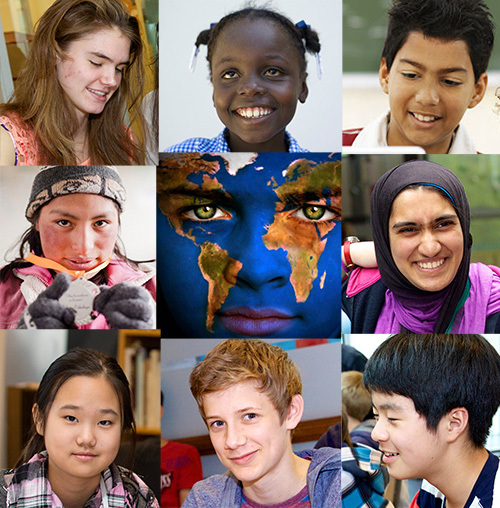
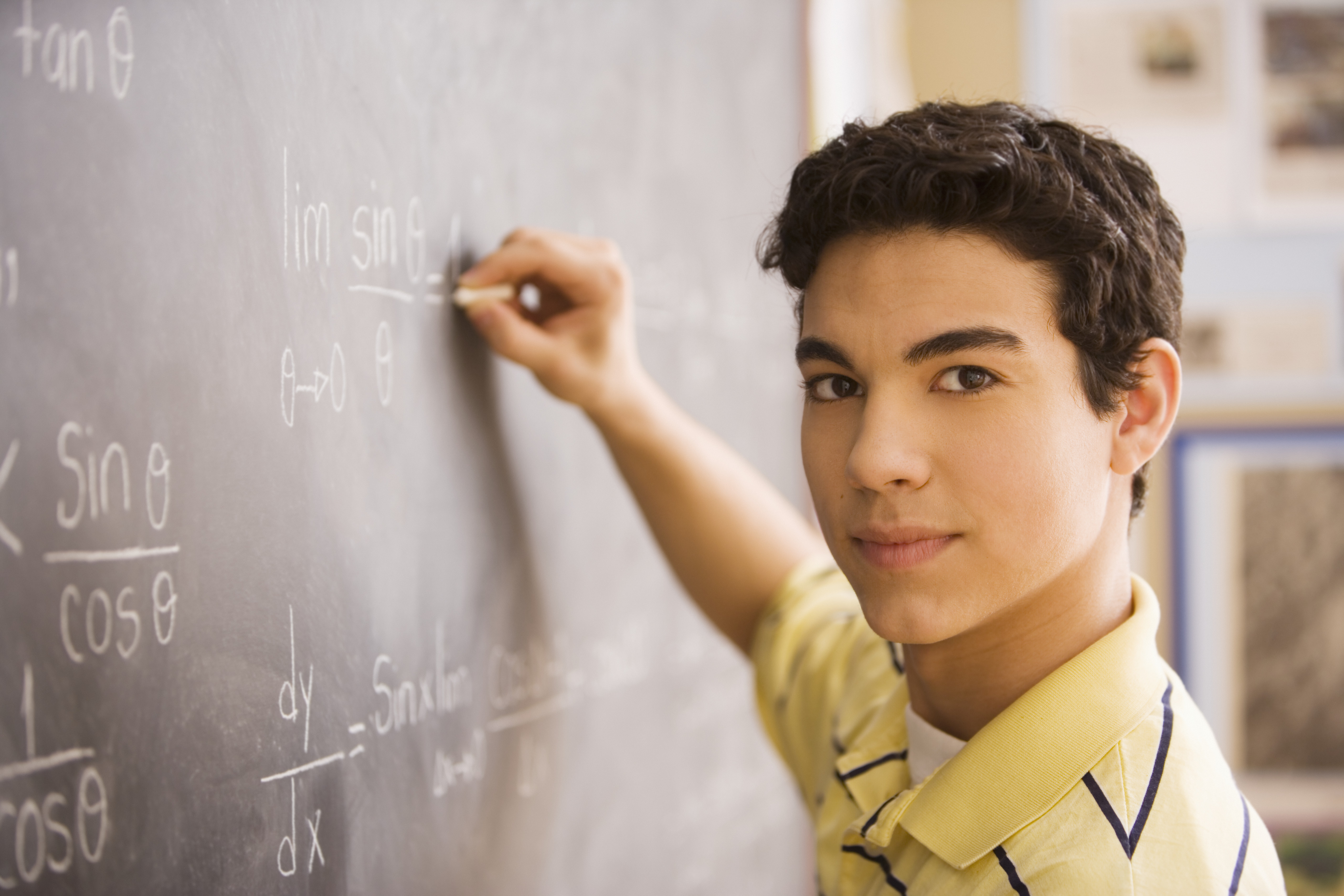
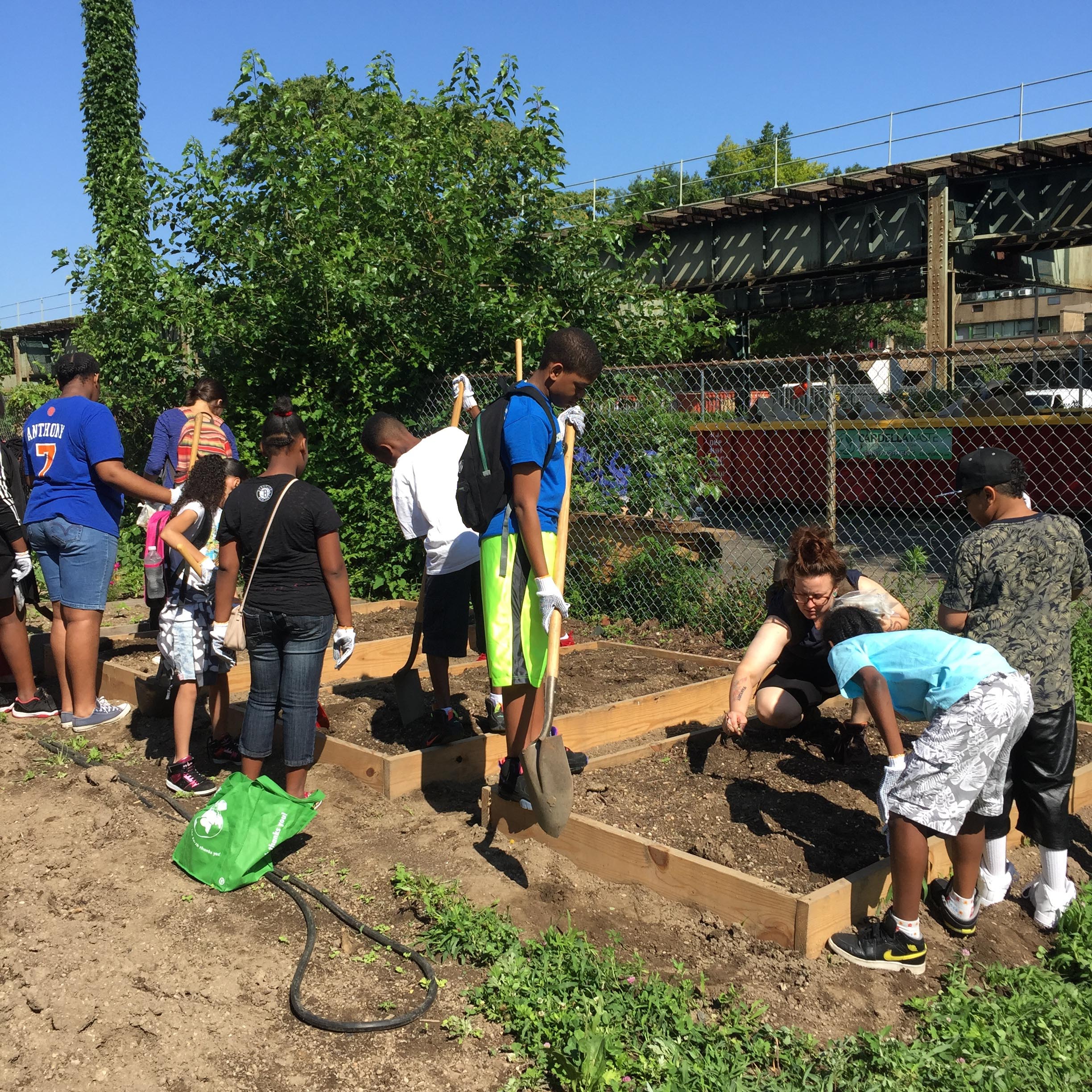
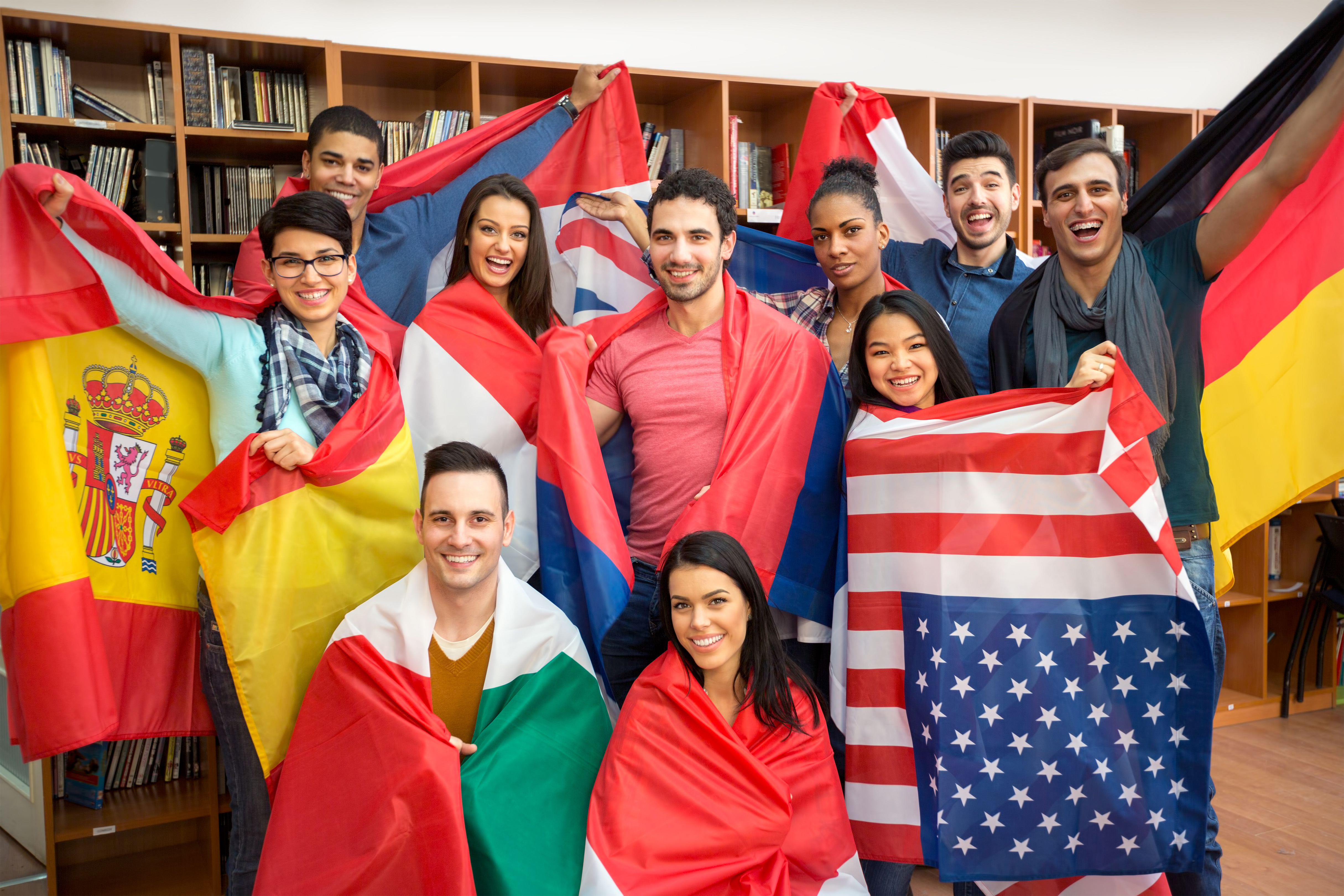
Recent Comments